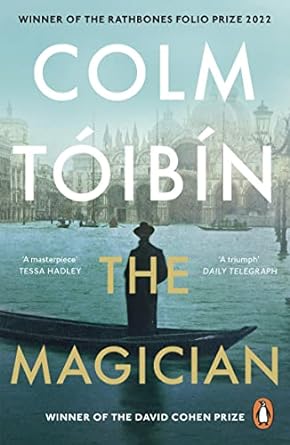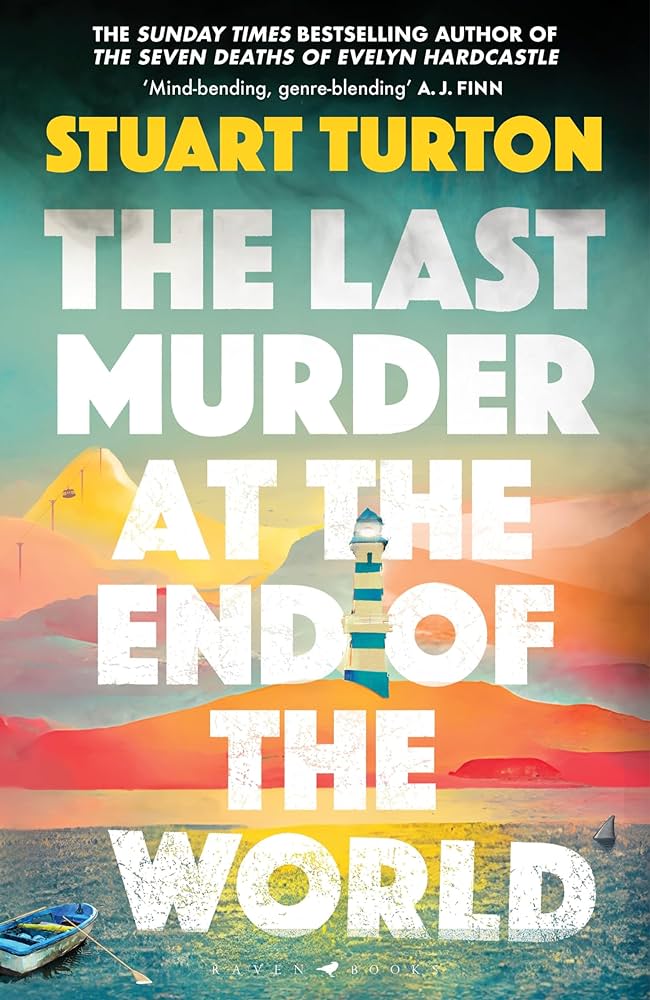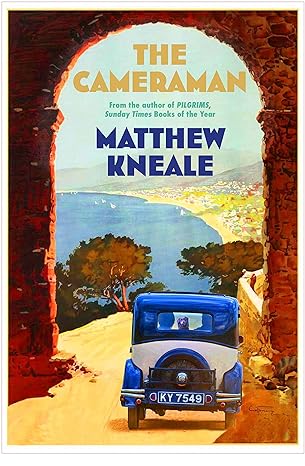The joint Wellbeing Reading Group book choice for Pride Month turned out to be a bit of a Marmite book, with some of the group absolutely loving it, and some definitely not! The novel was a fictionalised account of the life of Thomas Mann, a famous German writer known for his symbolic novels, who won the 1929 Nobel Prize in Literature, and lived most of his life in exile.
Several of the group said that they’d had difficulty deciding if the book was really a biography or historical fiction. We tried to decide what you got from the novel that you wouldn’t get from a straightforward biography and concluded that it was the insight into Mann’s mind. It was hard to remember that this was only Colm Toibin’s interpretation of the writer (although if you are interested Mann’s diaries have been published).
Only four of the group were able to finish the book, with some abandoning it half or a third of the way through. One reader enthusiastically described it as the best book the Reading Group had ever read. Another said that the story was told beautifully, but they didn’t actually like it. Most agreed that it was a bit of a slow burner. One reader got part way through the book before realising that it was about a real person and then wondered if Colm Toibin had found all the research and references he used quite constraining. Another commented that the vocabulary and the way the novel was written was good, although others said that it felt like a list of achievements rather than a story.

Mann appeared to use his own experiences as fodder for his writing, which almost made him seem more of a chronicler than a writer at times. His family life was the basis for Buddenbrooks, and his wife’s visit to the Swiss Sanitorium became the basis for The Magic Mountain. He was a writer in exile – the rise of Nazism leading to he and his family emigrating to first to Switzerland, then America, then back to Switzerland. He never again lived in Germany, although did briefly make an uncomfortable tour there after the Second World War.
In this novel, Mann comes across as rather a passive person – not seeming to know what to do or to think, until a course of action is suggested by someone else (such as with his letters, and his anti-Nazi speeches). Even the vague suggestion that he might become the new leader of Germany leads to him leaving Washington almost immediately for less political climes.
His character comes across as quite isolated, insulated and protected – both by his circumstances, his reputation, and his family. His wife was an heiress when they married, and because he was paid in US dollars, he was unaffected by many of the financial problems facing ordinary Germans at the time. In fact he could, and did, afford to pay for his children’s’ somewhat hedonistic lifestyles. However polished their life seemed to be, they still weren’t immune to tragedy, with family suicides, and losing friends and family in the First and Second World Wars.
One reader particularly liked the emphasis on family in the book, and enjoyed the descriptions and observations of Mann family life. It was interesting looking so closely at Thomas Mann, knowing that he was not only a family man with a wife and six children, but was also homosexual. His homosexuality is an intrinsic part of his story, and at one point he is scared that the Nazis will read his (unintentionally) abandoned diaries and know about about his obsessive thoughts about young men.
We voted to give The Magician a respectable average score of 3/5.
Next month SWFT and GEH will be back to usual with separate meetings, although, as ever, you can go to either meeting (or both!). For more about our latest book choices, just see below:
The GEH book for August is The Last Murder at the End of the World. Written by Stuart Turton, author of the Sunday Times Bestselling The Seven Husbands of Evelyn Hugo, this book has been described as ‘wonderfully imaginative’, ‘captivating’, and ‘thrillingly fast paced’.
Outside the island there is nothing: the world destroyed by a fog that swept the planet, killing anyone it touched. On the island it is idyllic. 122 villagers and 3 scientists, living in peaceful harmony. The villagers are content to fish, farm and feast, to obey their nightly curfew, to do what they’re told by the scientists.
Until, to the horror of the islanders, one of their beloved scientists is found brutally stabbed to death. And they learn the murder has triggered a lowering of the security system around the island, the only thing that was keeping the fog at bay.
If the murder isn’t solved within 107 hours, the fog will smother the island – and everyone on it.
But the security system has also wiped everyone’s memories of exactly what happened the night before, which means that someone on the island is a murderer – and they don’t even know it.

Pop along to GEH to get your copy. We’ll be chatting about it on Teams on 1st August at 12.30pm

Described by the Sunday Times as ‘a madcap journey, and by the Observer as ‘panoramic… written with cinematic precision’, SWFT’s Wellbeing Reading Group for July is The Cameraman by Matthew Kneale.
Former cinema camera director Julius Sewell journeys across Europe with his family to his sister’s wedding in Rome. But this will be an unusual road trip. For one thing, Julius has been in an institution and has only just been released to travel. And then there is his family. This is Easter 1934 and Julius’ stepfather and mother are keen members of Oswald Mosley’s new party, the British Union of Fascists. One of Julius’ half-sisters is in studying in Munich, where she dreams of meeting meet her idol, Adolf Hitler. Another half-sister is a member of the British Communist Party, and is determined to wreck the approaching wedding, because the groom is a rising figure in Italy’s Fascist regime.
As the family motors south… gathering relatives and a stray dog along the way, Julius’ mental stability will be put sorely to the test, as will be the sanity of his relatives.
Visit the Education Centre Library to pick up your copy, and join us on 7th August at 1pm on Teams
